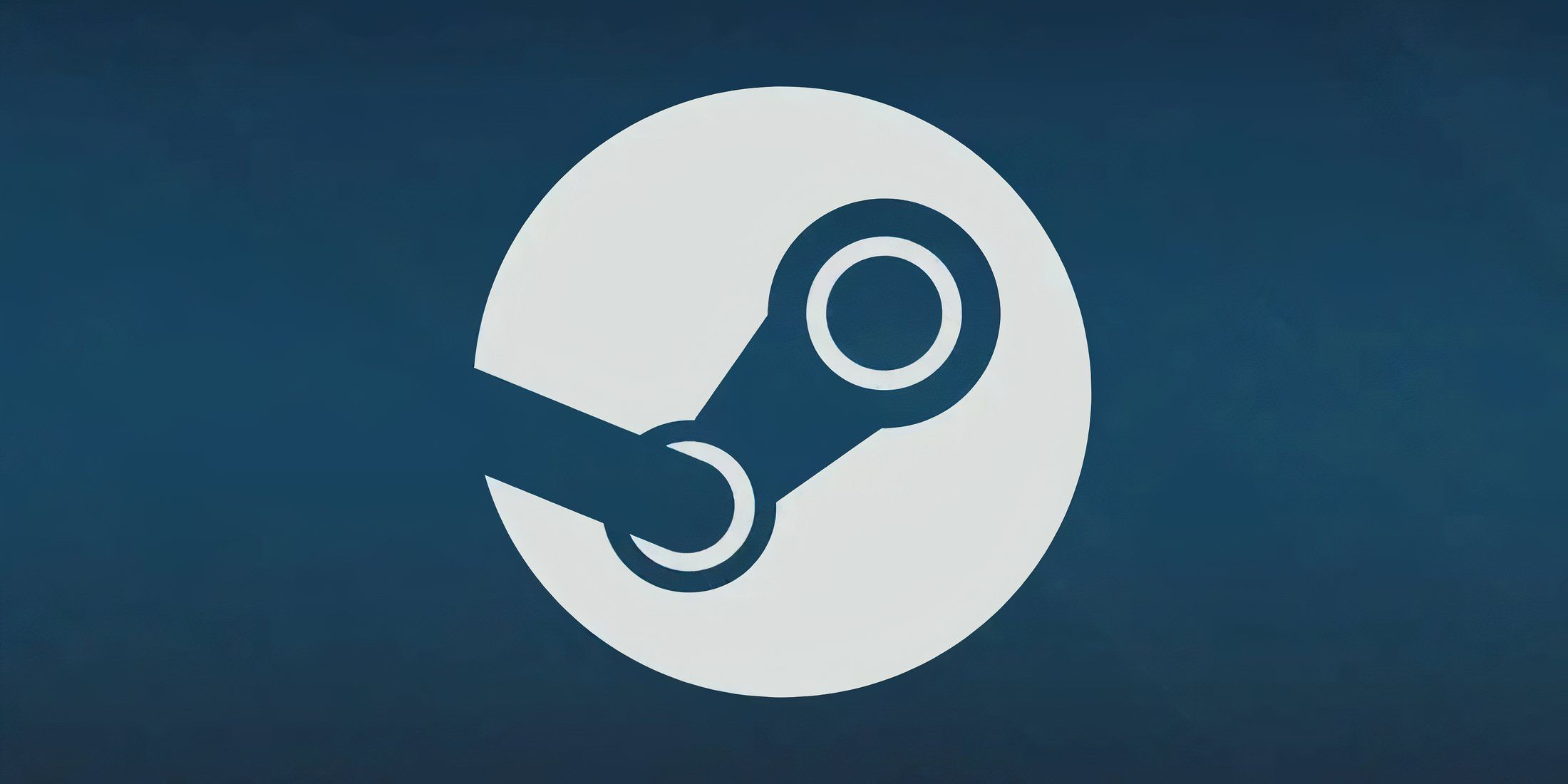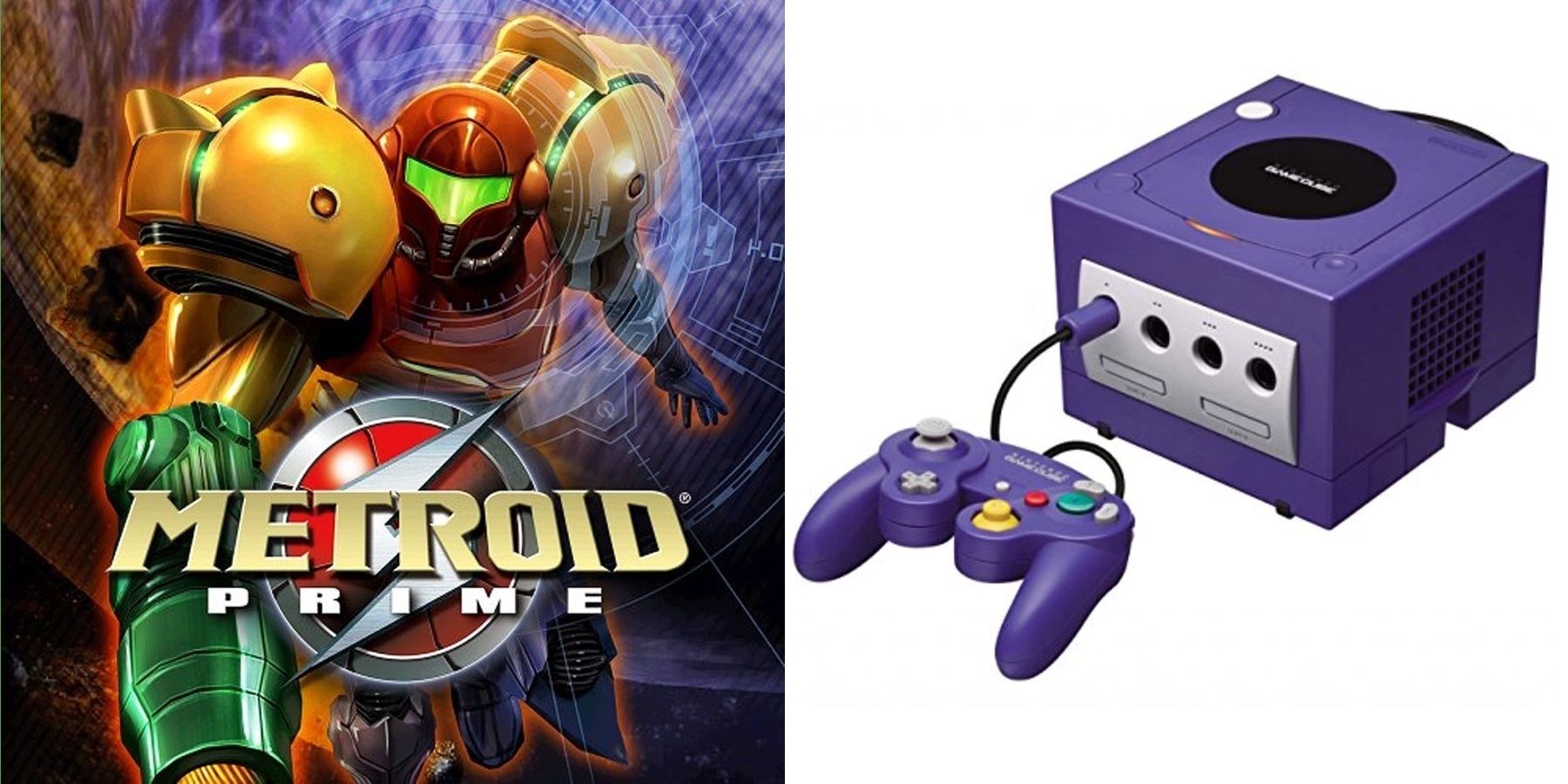Game development is a tricky business that often requires creative problem-solving, especially when it comes to ambitious AAA projects such as Metroid Prime. And as one former member of the Metroid Prime team now revealed, thinking outside the box sometimes means going into the freezer. Namely, ex-Retro Studios engineer Jack Mathews has just taken to Twitter to recall a bizarre anecdote from the game's development cycle which saw his team freeze a GameCube dev kit while debugging some elusive glitches exclusive to a specific console batch.Next Friday will mark the 20th anniversary of Metroid Prime, one of the most beloved games of the sixth console generation which won multiple GOTY awards, immortalized Samus Aran as one of gaming's most iconic blondes, and immediately convinced Nintendo to acquire its Austin, Texas-based developer. This week, some former Retro Studios staffers have been sharing stories about the seminal game's development, prompted by their former colleague David "Zoid" Kirsch.One such account comes from Mathews, who worked as a Technical Lead Engineer at Retro Studios during Metroid Prime's development. He revealed that shortly after the game's release, Nintendo alerted them to a "bad batch" of GameCube CPUs that caused heavy animation glitching in their game. It turned out that some of their code was actually running too fast for the faulty CPUs, but developing a fix required reproducing the behavior with a dev kit that didn't allow direct CPU detection, which made conventional throttling impossible.
The team then placed the dev kit into a freezer in order to slow down the CPU enough for the glitching to stop, but not so much for the game to slow down. This bizarre environment finally allowed them to test their patches and develop a fix. Since this was 2002, anyone who ended up with the faulty GameCube model was shipped a new version of Metroid Prime containing said fix once they contacted Nintendo's customer support, Mathews recalled. The engineer ended up working on two more Metroid games before leaving Retro Studios in 2008, not long after he found himself disappointed with the Nintendo Wii specs.
Two decades later, the effects of Metroid Prime are still felt throughout Nintendo. Most notably, the gaming giant used the lessons learned from the game's development to end crunch culture at Retro Studios. These days, all of Nintendo's subsidiaries are widely known for offering a healthy work-life balance and lack of crunch, both of which are still far from the industry norm.
As for Retro Studios, the company has been working on the fourth numbered entry in the Metroid Prime series for over half a decade by now. According to recent reports, however, Metroid Prime 4 is still far from release.
Metroid Prime is available on GameCube and Wii.




